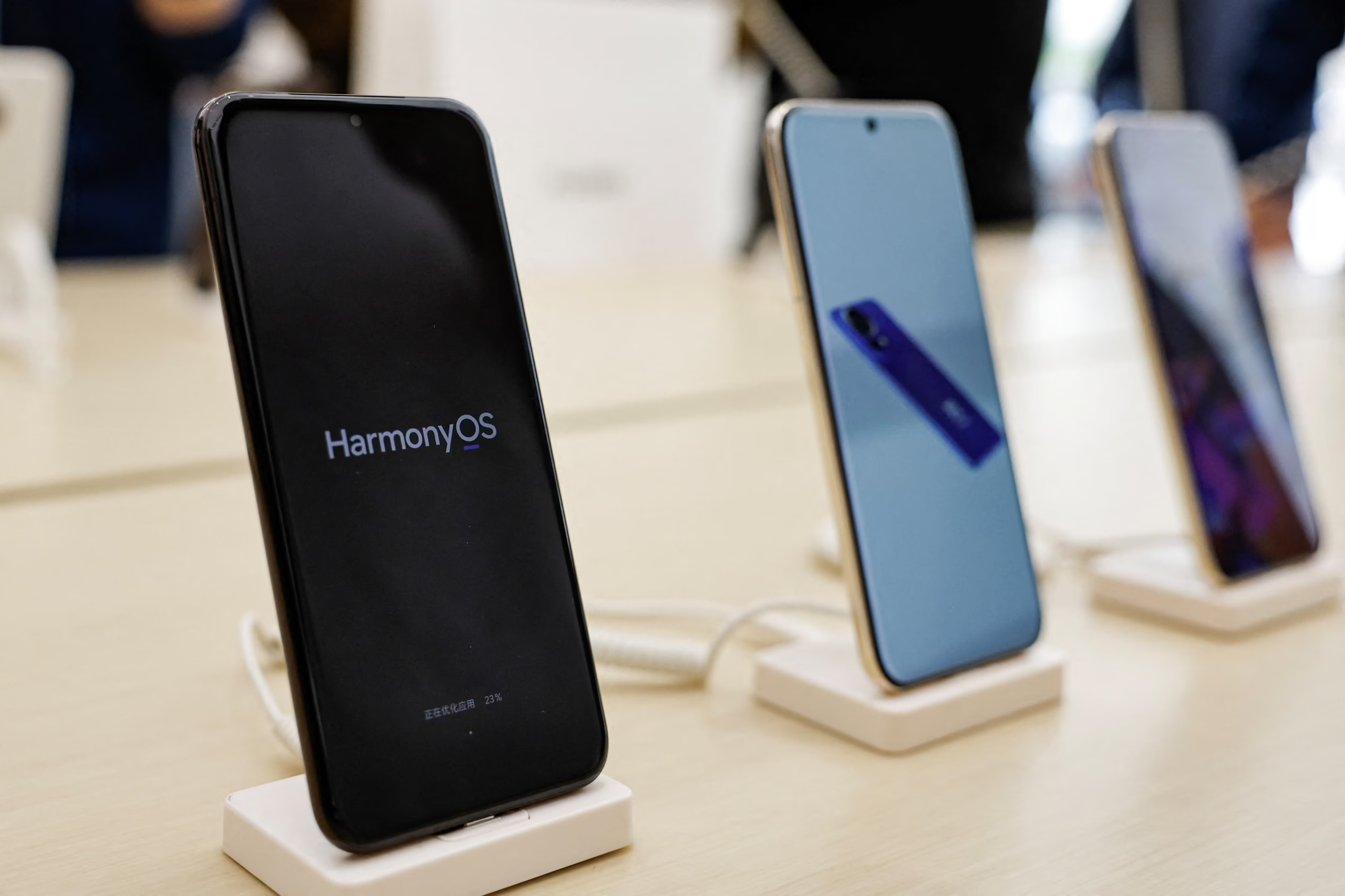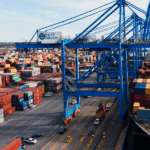In a move likely to escalate tensions with China and shake global markets, U.S. President Donald Trump has dismissed reports that Chinese-made smartphones, computers, and electronics are exempt from his sweeping tariff regime. Instead, he clarified that such products are being shifted into a new tariff category.
“They are just moving to a different Tariff ‘bucket’,” Trump wrote on social media, denying earlier reports of exemptions for certain tech products. “We are taking a look at Semiconductors and the WHOLE ELECTRONICS SUPPLY CHAIN in the upcoming National Security Tariff Investigations.”
His comments came after a U.S. customs notice on Saturday suggested smartphones and other electronics would be excluded from the hefty 125% tariff on Chinese imports. That announcement initially sparked optimism in global markets.
European stock markets responded positively Monday morning, bouncing back after Friday’s announcement that some products would avoid levies of up to 145%. But the relief was short-lived.
U.S. officials quickly moved to clarify the administration’s position, stating that affected products would instead face a “semiconductor tariff.” Trump is expected to provide further details on this later in the day.
U.S. Commerce Secretary Howard Lutnick said the new semiconductor tariff would be layered on top of a broader set of global levies, previously imposed and then paused for 90 days earlier this month. “We need our medicines and we need semiconductors and our electronics to be built in America,” he said.
Semiconductors—tiny chips powering smartphones, laptops, and countless modern technologies—are now at the center of this trade policy shift. Trump’s administration has increasingly framed semiconductor production as a matter of national security.
The Chinese government, meanwhile, has urged the U.S. to step back from its aggressive tariff strategy. “Completely cancel” the tariffs and “return to the right path of mutual respect,” China’s commerce ministry said in a statement.
Following a rapid escalation earlier this month, the U.S. tariff rate on Chinese imports jumped from 54% to 145%. China retaliated with its own set of levies, beginning at 34%, then increasing to 84%, and now at 125% as of Saturday.
Despite hopes that some products would be shielded from the economic fallout, Trump’s latest statements suggest a more comprehensive and prolonged tariff campaign. The Chinese commerce ministry called the earlier reports of exemptions a “small step,” adding it was “evaluating the impact.”
The ongoing back-and-forth is casting doubt on the possibility of a diplomatic breakthrough. Asked on CBS’s Face the Nation whether Trump would soon speak to Chinese President Xi Jinping, U.S. Trade Representative Jamieson Greer said, “Right now we don’t have any plans on that.”
The trade battle is already rippling through the consumer electronics market. On Monday, Sony announced a 10% price hike for its PlayStation 5 consoles in Europe, Australia, and New Zealand. The company cited a “challenging economic environment,” including inflation and currency volatility. Prices in the U.S. remain unchanged for now.
Late Saturday, en route to Florida, Trump said he would offer more details about tariff exemptions at the start of the week. The White House maintains that tariffs are a tool to negotiate more favorable trade terms and correct imbalances.
Trump argues his policies will restore fairness to the global trading system and revive American manufacturing. But critics warn that the uncertainty has roiled stock markets and could dampen global trade—potentially affecting jobs and economic stability worldwide.






